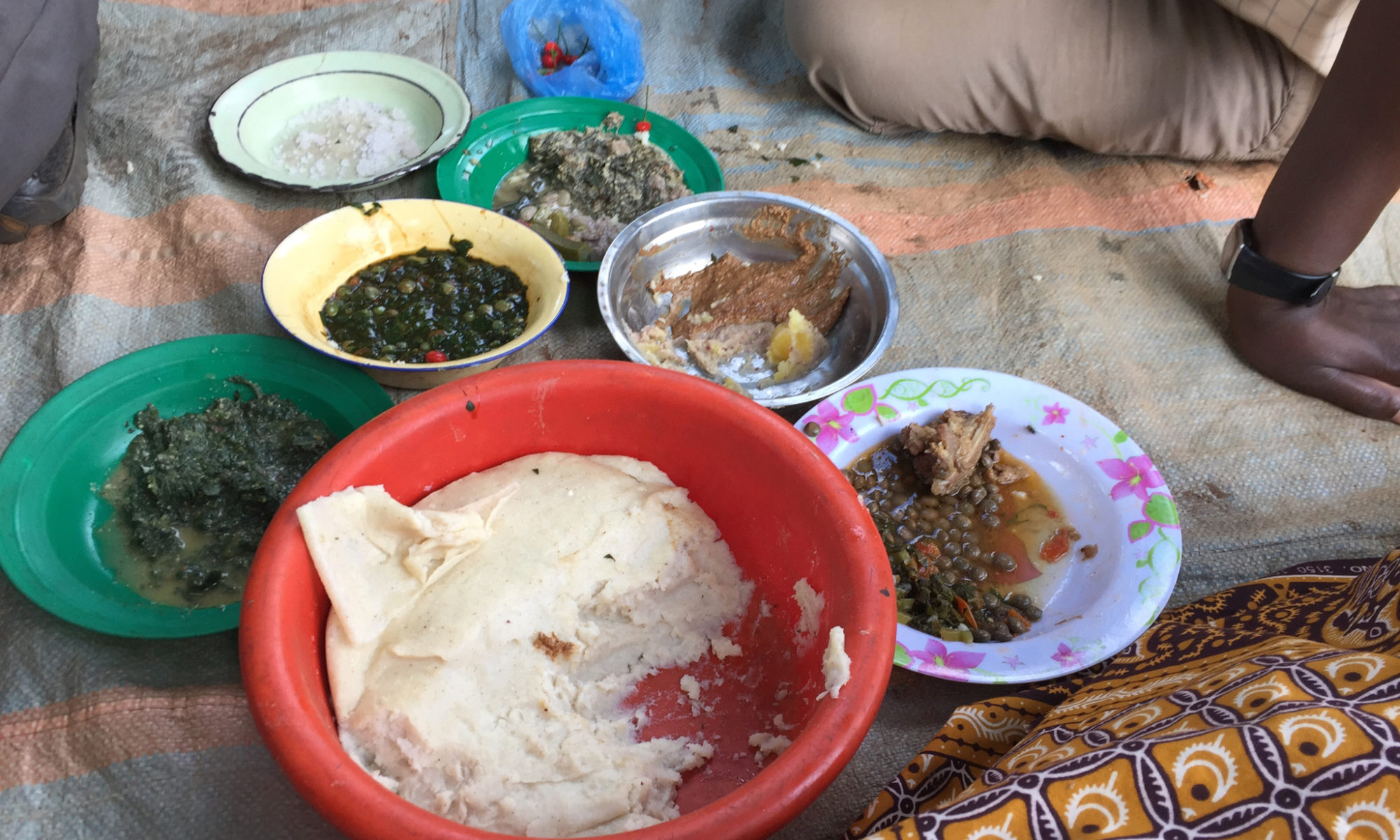
Whether you’re fitting in volunteer work between your paid job, or you’re between jobs volunteering in the community, adding this experience to your resume can help show a more well-rounded picture of who you are. Volunteer work can show that you are proactive in creating change you feel passionately about. This is typically a sought-after trait that companies look for in the pool of applicants.
Whichever industry you’re pursuing a position in, there are transferable skills you can take away from volunteer work. Be it event planning, management, or customer service, you can glean a variety of skills from serving the community. Just showing up to volunteer regularly can show that you are a motivated self-starter.
Highlighting experience on your resume is an art form; there’s no secret sauce to making the perfect resume that’ll get you hired. However, there are ways to make your resume stand out using specific phrases and professional formatting.
Creating a header called “Related Experience” can encompass various paid positions as well as volunteer. As long as you can articulate a skill you developed during your time volunteering, it belongs on your resume.
Quantify your effect on the organization using numbers. Include how many people’s lives you impacted, if you helped them save or generate a significant amount of money, or even if you just increased their follower account on social media.
Use active verbs. Never rely on overused verbiage like “worked” or “assisted”. Instead, begin bullet points with “coordinated” “directed”. For a great list of resume specific action verbs, click here.
If your volunteer work is less relevant to the position you are seeking, don’t leave it out just because it doesn’t fit under “Related Experience”. Recruiters are looking for individuals who live multifaceted lives, and a unique experience can help your resume stand out amongst the rest.
Read more about Dr. Edwards Princeton



